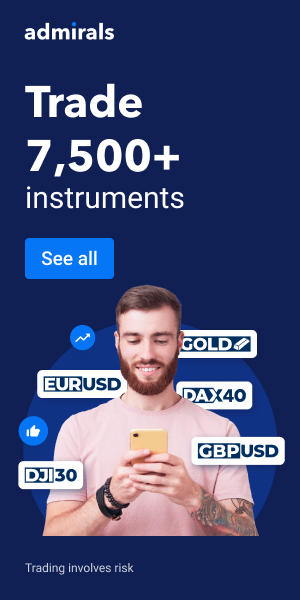Glossary
Example:
A trader decides to take advantage of the market opening by placing an order to buy shares of a technology company, expecting their price to rise at the beginning of the trading day.Example:
A trader has executed a market order by deciding to buy or sell a financial instrument at the current market price in order to enter into a position immediately.Example:
Broker offered $50 for one share of XYZ companyExample:
The company decided to register its representative office in an offshore jurisdiction in order to take advantage of tax benefits and improve conditions for its international business activities.Example:
The trader maintained an open currency position by holding a position in the USD/JPY currency pair and closely monitored the market dynamics in order to make informed decisions on closing the transaction.Risk Warning
Before embarking on Forex trading, it is essential to thoroughly evaluate your investment objectives, level of experience, and risk tolerance. Never allocate funds that you cannot afford to lose.
Off-exchange foreign exchange transactions carry significant risks, encompassing leverage, credit risk, limited regulatory protections, and market volatility. These factors can significantly influence currency prices and liquidity.
Furthermore, the leverage inherent in forex trading means that market fluctuations can result in substantial gains or losses relative to your initial investment. If market conditions go against you, you may risk losing your entire initial margin and be required to inject additional funds to maintain your position. Failure to meet margin requirements may lead to position liquidation and subsequent losses for which you bear responsibility
Before embarking on Forex trading, it is essential to thoroughly evaluate your investment objectives, level of experience, and risk tolerance. Never allocate funds that you cannot afford to lose.
Off-exchange foreign exchange transactions carry significant risks, encompassing leverage, credit risk, limited regulatory protections, and market volatility. These factors can significantly influence currency prices and liquidity.
Furthermore, the leverage inherent in forex trading means that market fluctuations can result in substantial gains or losses relative to your initial investment. If market conditions go against you, you may risk losing your entire initial margin and be required to inject additional funds to maintain your position. Failure to meet margin requirements may lead to position liquidation and subsequent losses for which you bear responsibility
Thank you for your request!
We will contact you shortly.








